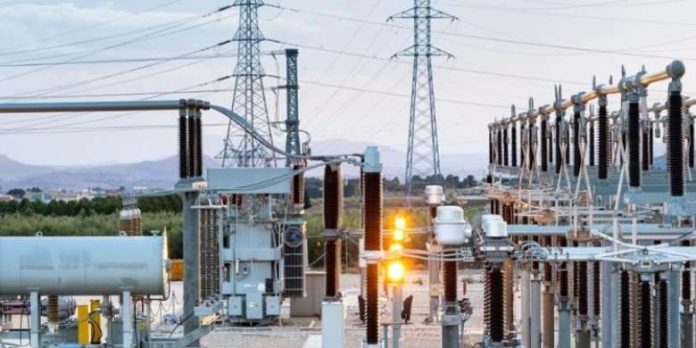The Africa Centre for Energy Policy (ACEP) has made recommendations on how Ghana can revert the imminent collapse of the power sector.
The country was almost plunged into unannounced power outages (dumsor) a few days ago after the Chamber of Independent Power Producers (IPPs) directed its members to cut supply to the national grid from July 1.
While consultations averted the looming dumsor, experts say the power sector remains in a crisis and urgent action must be taken.
In a release from ACEP, it has stressed that for the power crisis to be averted, the Electricity Company of Ghana (ECG) must account for its revenues.
“Before the major adjustment in September 2022, ECG’s collection was about 50% of the revenue requirement under the CWM. However, payments under the CWM have deteriorated to a new low of about 11%, although there has been a 100% increase in tariffs since September 2022.
“Therefore, ECG needs to account for all its revenues over the period, including the GHS 3.1 billion it has recovered from debts. This accountability would help measure tariff adjustments’ effectiveness on the power sector’s financial sustainability,” parts of the release from ACEP said.
Among other recommendations, the Africa Centre for Energy Policy has proposed that there should be periodic accountability and performance reporting by ECG, Long-term private investment in ECG, as well as procurement of efficient power plants.
“Implementing these recommendations requires a collective effort involving government agencies, stakeholders, and the public. The urgency of the situation demands swift and decisive action to revitalise the power sector, ensuring its stability, reliability, and long-term sustainability for the benefit of all Ghanaians,” the ACEP release added.
The power sector as indicated by the International Monetary Fund (IMF) is a key player in the Ghanaian economy.
This is why the IMF programme offers two main strategies to help revive the country’s economy.
The strategies include “cost-reflective tariffs” and improving the efficiency of the distribution system.
These approaches aim to address issues that previous programs failed to solve. However, this time, the IMF focuses on implementing conditionalities and targets for the government.
The goal is to create a power sector that can sustain itself financially, thereby relieving the national budget from excessive under-recoveries projected to be about GHS97 billion, at business-as-usual, between 2023 and 2026.

















![EC Announces Elimination of Indelible Ink in Upcoming Elections [Video]](https://newsonghana.com/wp-content/uploads/2023/12/image-351-218x150.png)






































